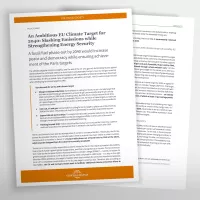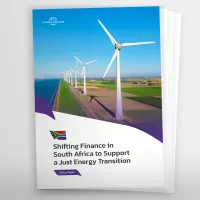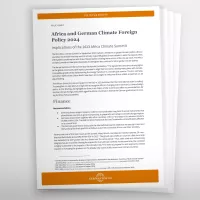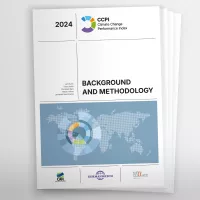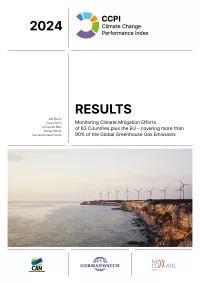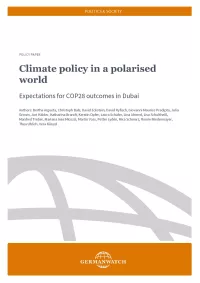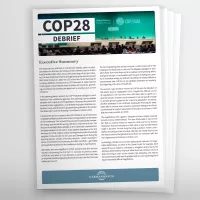
At the 28th climate negotiations in Dubai, the global community heralded the beginning of the end of the fossil fuel era. In the long term, all signatory states want to phase out coal, oil, and gas. What else was decided? What were the breakthroughs? And which decisions are rather disappointing? The Germanwatch debrief reviews the conference.


